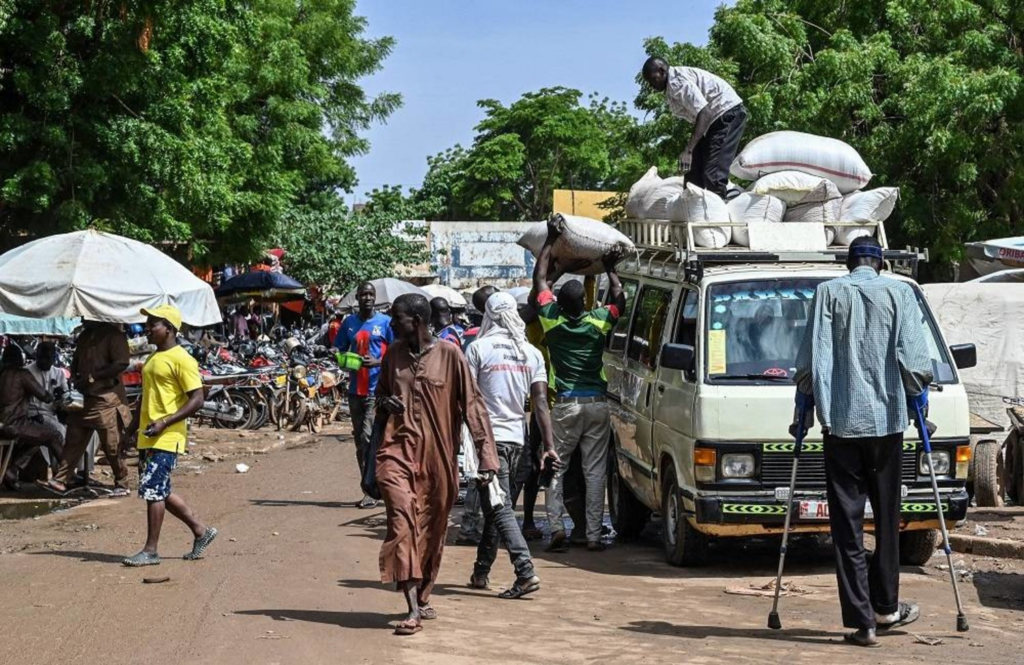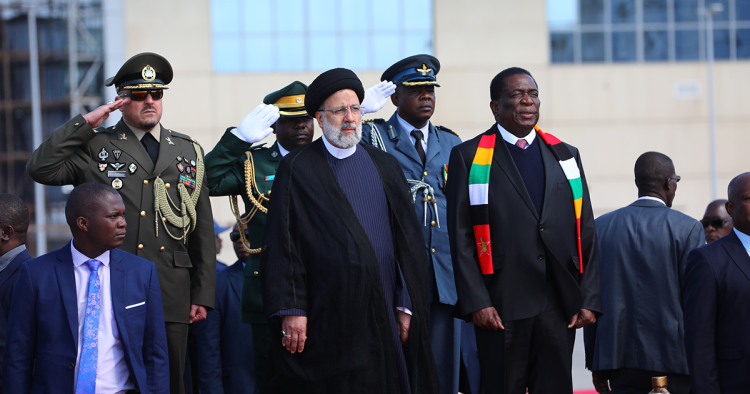The Battle for Stability in Mali: Insights into the Recent Conflict with Tuareg Rebels and Russian Mercenaries

In a recent escalation of tensions in northern Mali, Tuareg former rebels from the Coordination of Azawad Movements (CMA) have reported a fierce clash with the Malian Army and the Russian mercenary group known as Wagner. The incident, which took place in the town of Ber in the northern Timbuktu region, underscores the complex web of interests and alliances that characterize Mali’s ongoing struggle for stability. This article delves into the background of the conflict, the parties involved, and the broader implications for the region.









